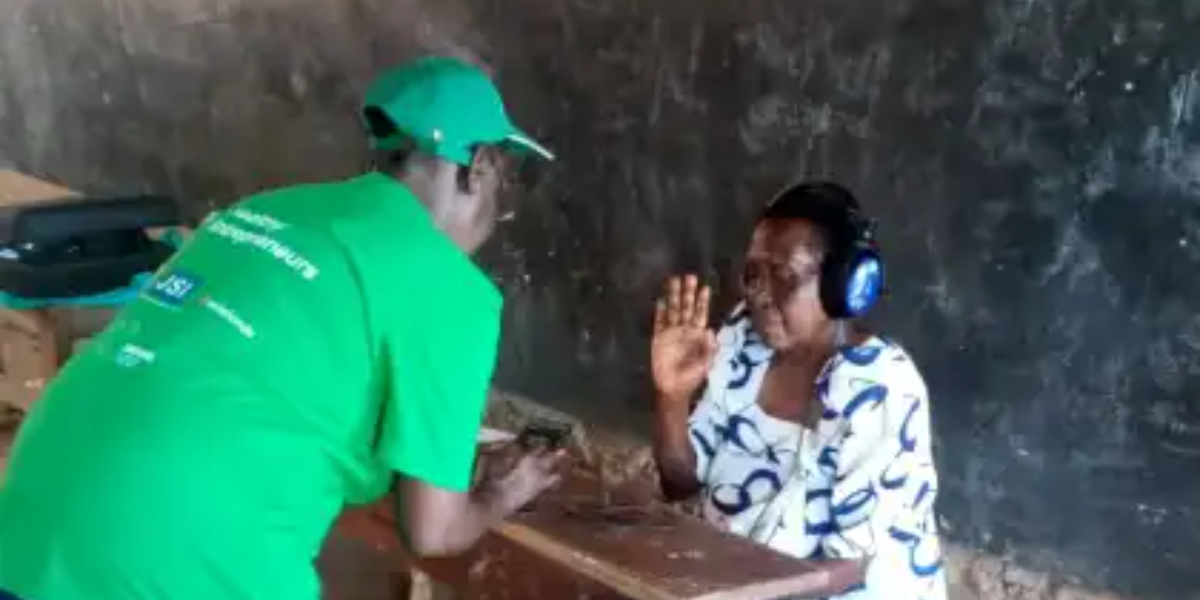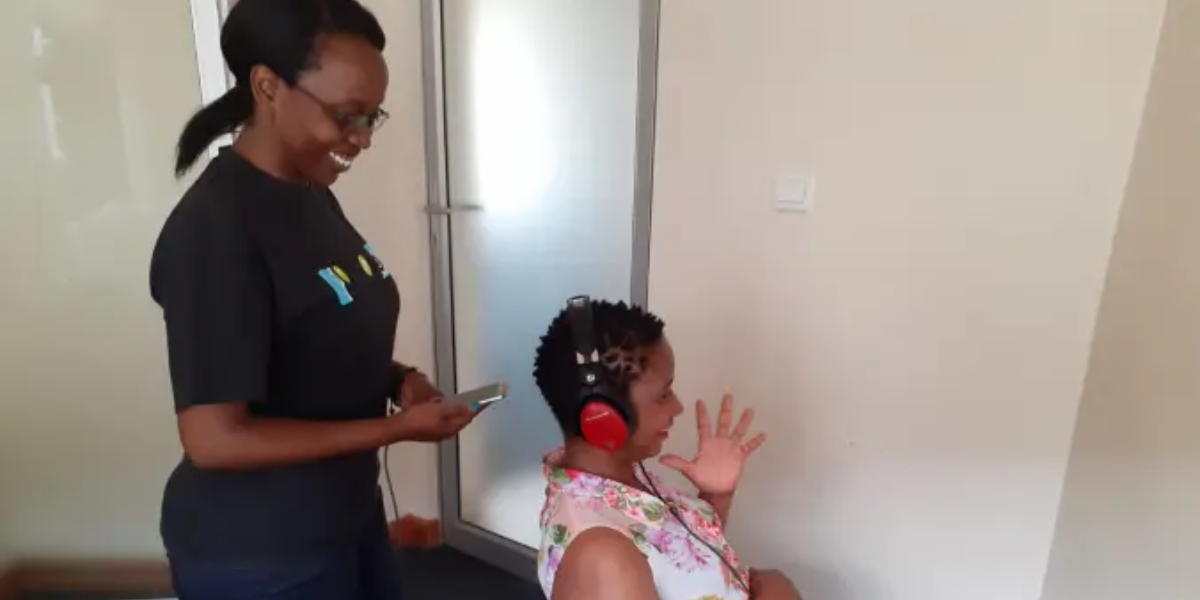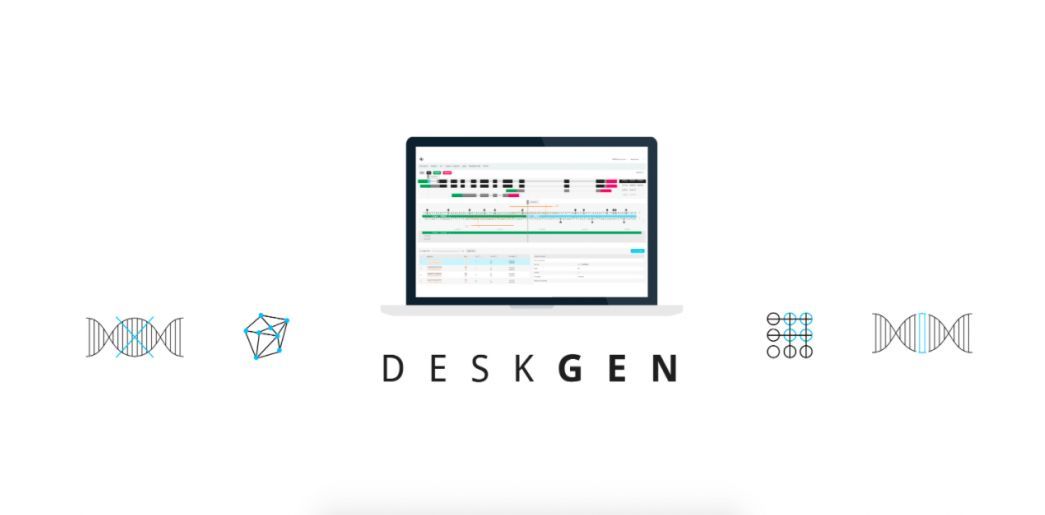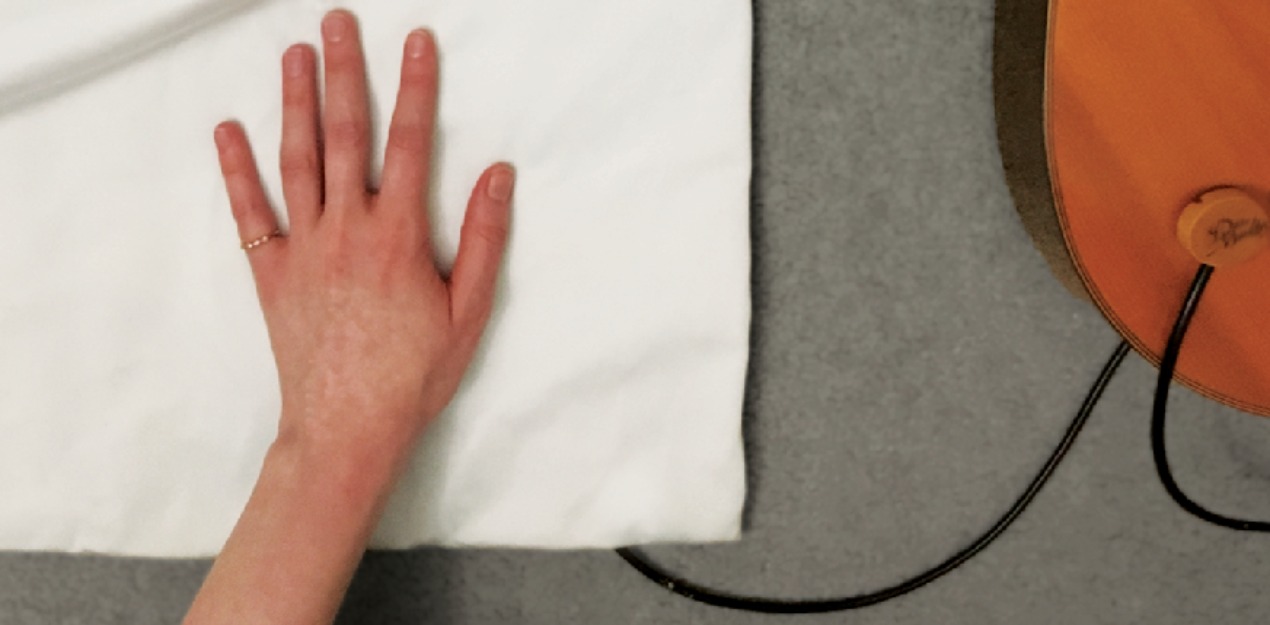AWARD YEAR
2023
CATEGORY
Body
GOALS
Good Health & Well-being
KEYWORDS
healthcare, hearing loss detection, hearing impaired
COUNTRY
Botswana
DESIGNED BY
DeafTronics
WEBSITE
https://deaftronics.com/dreet/
Dreet by Deaftronics
A health care program that looks to break down hearing disabilities in developing countries.
How does it work?
Using an innovative phone app, it is possible to bring a cost-effective and mobile way to detect hearing impairments to areas and communities that normally don't have easy access to health care. Alongside, there is an ambition to gather and select the best distribution channels by reaching the highest number of individuals, identifying the best cost for testing, and developing a communication strategy allowing a better connection to those in need. Eventually, these strategies will also cultivate a powerful movement, multiplying the impacts and empowering the use of the right tools and resources to succeed.
Why is it needed?
In Botswana and most developing countries, the issue of hearing loss is an all too common reality. According to The World Health Organization, it is estimated that over 626M people globally have disabling hearing loss and almost two-thirds come from low to middle-income countries.
One of the reasons for this disparity is the access to health care, especially to a screening test that diagnoses hearing impairments; in most developed countries there is an average of one audiologist for every 20,000 people, whereas, for example in Africa, that number can be fro every two to six million people.
Unfortunately, this leads to undetected impairments, and to add to the access element, the combined costs are far out of the price range for many individuals in developing countries.
Deaftronics, realizes this and aims to address it in some way this problem by bringing the hearing assessment and resources out to communities that lack access to specialists or the ability to pay for the equipment.
How does it improve life?
Dreet not only identifies but aims to resolve a big issue in most developing countries. Improving the lives of many who lack access and financial stability, it creates an ever-developing cycle, by educating those interested in helping this cause. It ensures health-care equality and it promotes research and education in the field.




